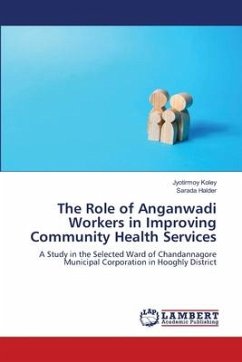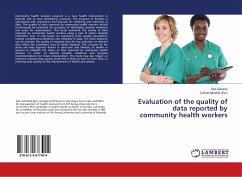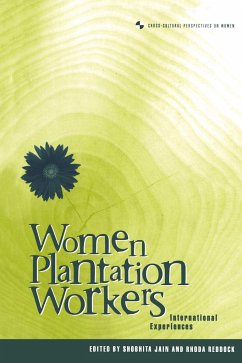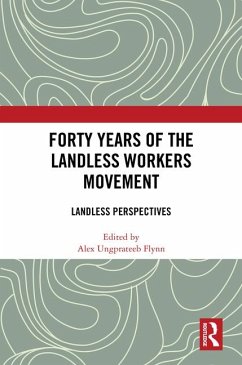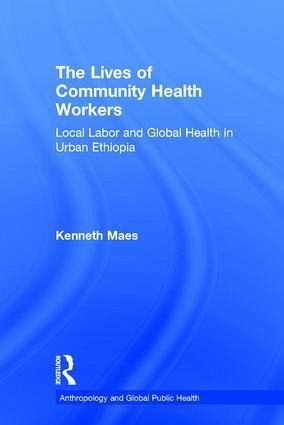
The Lives of Community Health Workers
Local Labor and Global Health in Urban Ethiopia
Versandkostenfrei!
Versandfertig in 1-2 Wochen
165,99 €
inkl. MwSt.
Weitere Ausgaben:

PAYBACK Punkte
83 °P sammeln!
Based on ethnographic work with a group of Ethiopian women and men who provide home-based care in Addis Ababa during the early roll-out of antiretroviral therapies, this book illustrates what it actually means to become a community health worker in today's global health industry, and considers what motives them to improve the quality of life and death of the most marginalized people in their own communities. It shows us that many of the challenges that community health workers face in their daily lives are embedded in broader social, economic, and political contexts, and it raises a resounding...
Based on ethnographic work with a group of Ethiopian women and men who provide home-based care in Addis Ababa during the early roll-out of antiretroviral therapies, this book illustrates what it actually means to become a community health worker in today's global health industry, and considers what motives them to improve the quality of life and death of the most marginalized people in their own communities. It shows us that many of the challenges that community health workers face in their daily lives are embedded in broader social, economic, and political contexts, and it raises a resounding call for further research into their labour, and the health and social systems they inhabit.









